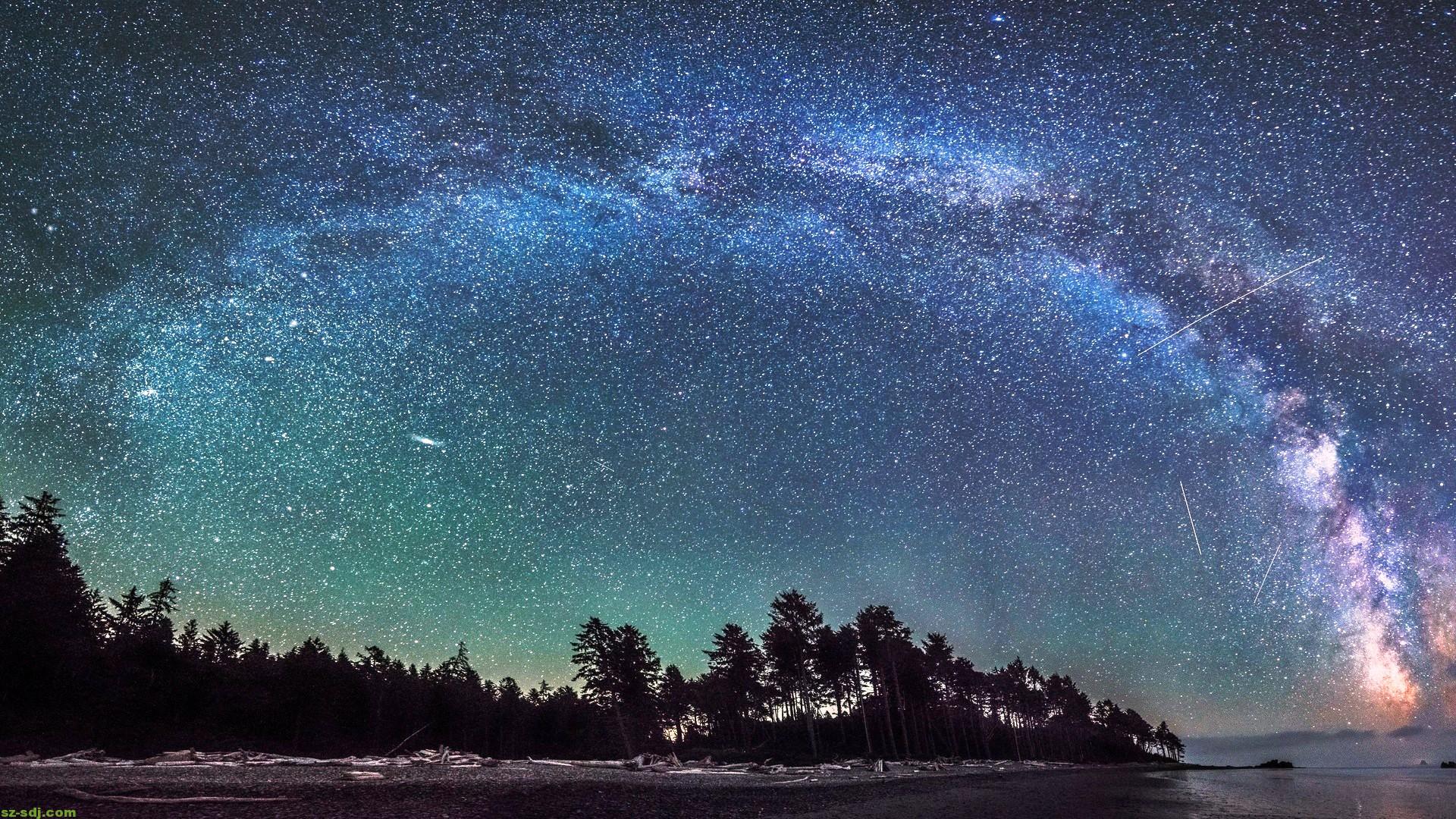- hat is van Prooijen’s definition of “conspiracy theory”? [Right There] To what degree does van Prooijen’s definition match Merlan’s? [Text + You
Both of them would agree that Conspiracy theory is a group of people joins together in secret to produce a harmful act upon society. Unlike Merlan’s, if a “lone actor” does not conspire others than he is not conspiracies.
- What is van Prooijen’s (with Mark van Vugt) argument in support of the claim that conspiracy theories have evolutionary origins over 12,000 years old? You’ll need to Pull Together and summarize the information in paragraphs 9-14 to answer this question.
12000 years ago, ancient gathering tribes have to evaluate suspicious activities happens around them. Here is where he introduces “false- positive”(mistaken assuming the death of tribe members are caused by enemy activity but he had a heart attack on his way back ) and “false negative.”(mistaken assuming that the death of the tribe member are caused by randoms reason but enemy attack ) However, the cost of a false negative is far worse than false positive, “false positive” will probably only cause stress and waste time on preparing for battle, but if your assumption is “false negative” than your tribe probably will be attacked without preparation. “Us” to “Them”, bio evolution takes longer, we haven’t changed social change however takes less time.
- What does van Prooijen mean by “evolutionary mismatch” (paragraph 20), how does it apply to conspiracy theory (paragraphs 20-22) and what kinds of problems can conspiracy theory as an evolutionary mismatch cause in the world? [Right There + Pull It Together]
Conspiracy theories exist in human history for a really long period of time. Society and our environment have changed but that doesn’t mean that our behavior has. Our brain still works the same way as before, have to noticed Biological takes millions of year to change. As a result, the conspiracy theory remains with us, but it functions in a different sort of way. Back them it can save their attack, but today people are threatened by immigrants and we an easily suspicious of other religions groups.
4.How could understanding conspiracy theories in the way that van Prooijen does contribute to our understanding of the rise of populist political movements and extremist organizations that endorse violent conflict with others? [Right There]
Like what he said, people are easily suspicious towards other groups of people. They still categorized as “us” vs “them.” For instance refugees in EU, Hispanic immigrants in U.S, local(most likely are whites) are threaten by such an action. This sort of feeling of threaten can easily converting to hatred and even racial discrimination. They could potentially become the core fossil of populist movement.


Pretty solid work in finding and conveying some of the relevant ideas from the reading. I think a reader hoping to understand van Prooijen’s work by reading your paragraphs would need more help – more context, more explanation, more examples….